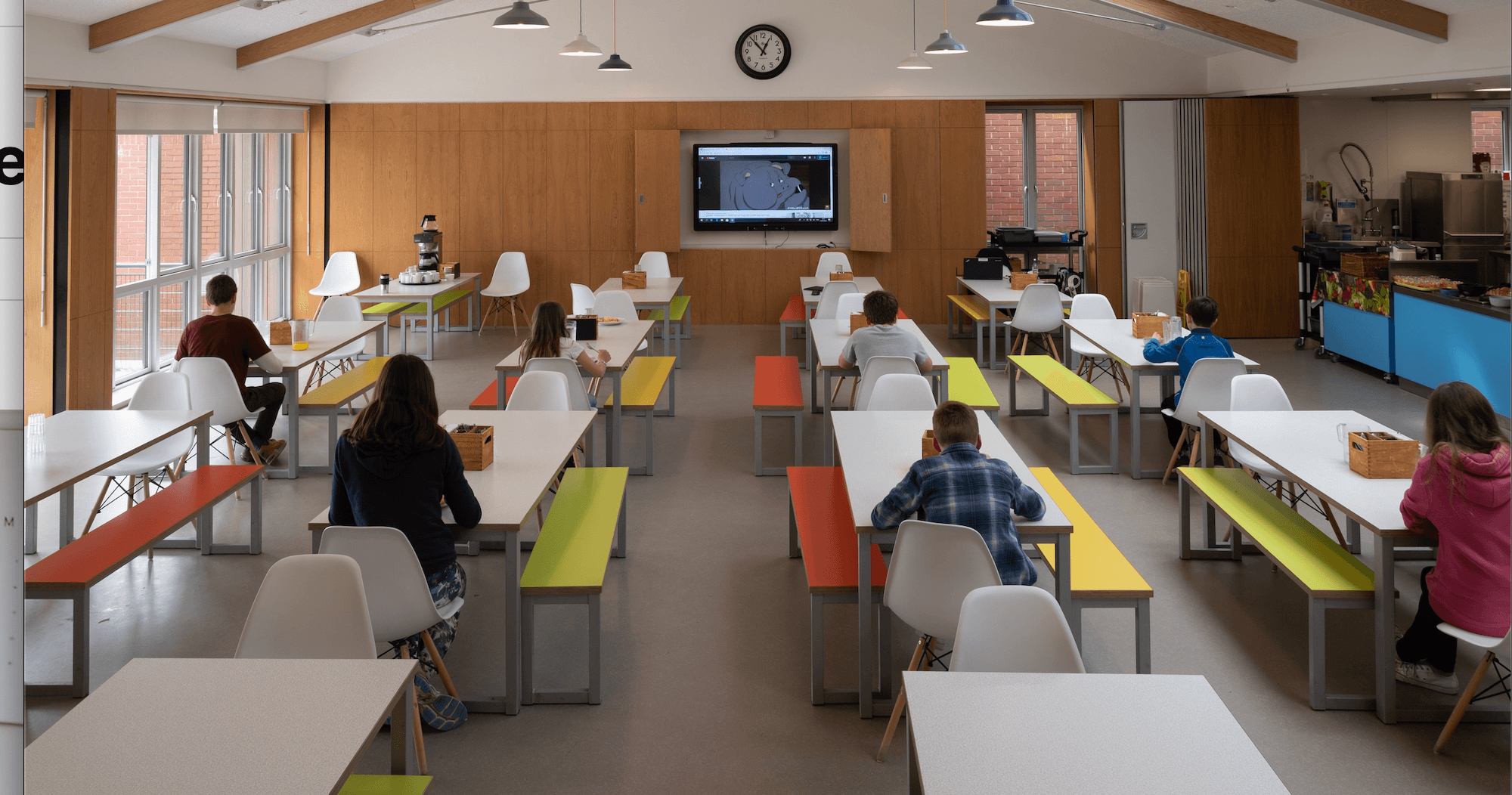
Lowering Student Stress for Enhanced Learning
As a parent or educator, one of your primary goals is to help your students learn effectively. However, not all students are able to learn effectively, especially when they are stressed or anxious. Stress can greatly impact a student’s ability to learn, as it hinders their access to higher functioning parts of their brain. In order to facilitate better learning in such students, it is important to find ways to lower their stress levels. One tool that has been found to be effective in this is active listening.

As a parent or educator, one of your primary goals is to help your students learn effectively. However, not all students are able to learn effectively, especially when they are stressed or anxious. Stress can greatly impact a student’s ability to learn, as it hinders their access to higher functioning parts of their brain. In order to facilitate better learning in such students, it is important to find ways to lower their stress levels. One tool that has been found to be effective in this is active listening.

Active listening involves paying close attention to what the student is saying, paraphrasing their words back to them, and asking follow-up questions. This technique helps to establish a rapport between the tutor/educator and the student, which can help reduce stress and anxiety levels. When students feel heard and understood, they’re more likely to relax and engage in the learning process.
Here are some ways active listening can be used to facilitate better learning:
- Builds trust: Active listening helps build trust between the student and the tutor/educator. By demonstrating that you’re listening, hearing and valuing their words, students feel understood and accepted. This helps to establish a relationship where the student feels safe and comfortable in opening up.
- Helps identify stressors: Active listening can help identify the source of a student’s stress or anxiety. These could be anything from academic challenges, personal issues or even external factors like bullying. When tutors/educators listen actively, they are able to recognize these stressors and work on addressing them.
- Encourages problem-solving: Active listening can encourage students to solve their own problems. When tutors/educators listen actively, they can help students to identify their own solutions. This can include breaking down large problems into smaller, more manageable ones, and creating action plans to tackle them.
- Boosts confidence: Active listening can also boost a student’s confidence level. When tutors/educators listen actively, they can offer positive feedback on the student’s progress, which can motivate them to continue learning. This gives students a sense of accomplishment, which can help reduce stress levels.
- Improves communication: Active listening can also improve the overall communication between the student and tutor/educator. When students feel heard and understood, they’re more likely to communicate more easily, and this in turn provides an environment for better learning.

As parents and educators, it is our responsibility to create an environment that promotes effective learning and reduces student stress. By embracing active listening as a fundamental tool, we can establish trust, empathy, and understanding with our students. By validating their emotions, encouraging active engagement, and adapting to their individual needs, we can help alleviate stress and foster an optimal learning environment. Remember, when students feel heard and supported, their higher brain functions can thrive, resulting in enhanced learning experiences and long-lasting educational success.
Deb Porter, Owner of HOLD Hearing Out Life Drama, helps individuals and businesses improve their communication by teaching active listening skills resulting in positive outcomes. Deb provides a safe, non judgemental space so that those who use HOLD’s service gain clarity and find relief from overwhelming situations.




